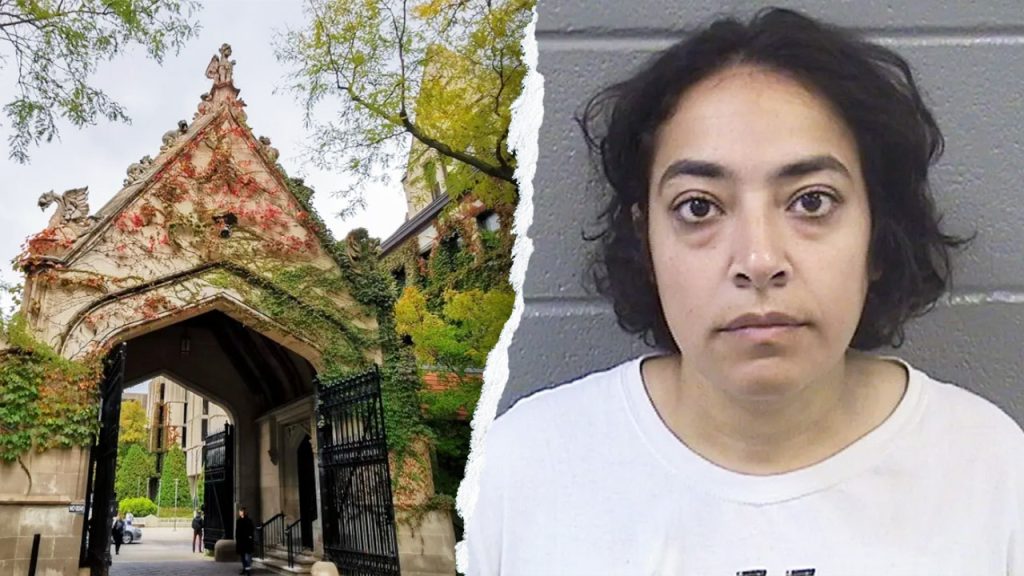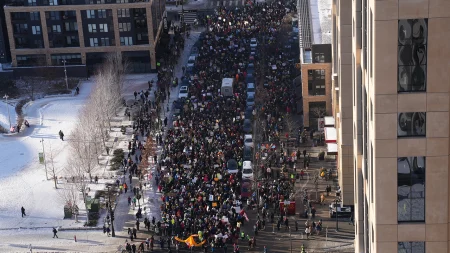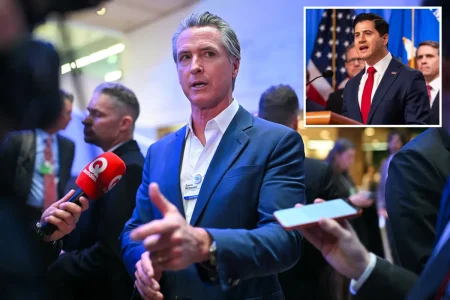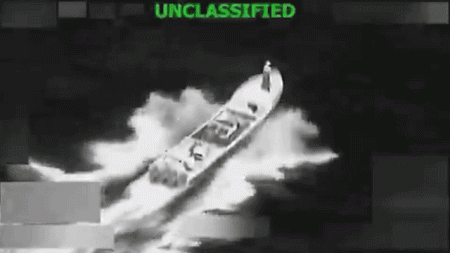University of Chicago Silent on Professor’s Status Following Anti-ICE Rally Arrest
In a concerning development at one of America’s prestigious academic institutions, the University of Chicago has maintained silence regarding the employment status of Assistant Professor Eman Abdelhadi, who was arrested on October 3 at an anti-ICE protest. Abdelhadi faces serious legal troubles: two felony counts of aggravated battery to a government employee and two misdemeanor counts for resisting or obstructing peace officers. Despite multiple inquiries from media outlets, university officials have declined to comment on whether Abdelhadi continues to teach, if she’s been disciplined, or if any administrative action has been taken in response to these serious charges. Her faculty profile remains active on the university website, and she still identifies herself as a UChicago assistant professor on social media, suggesting no change in her employment status despite the pending criminal charges.
The university has issued only a general statement emphasizing its commitment to safety and opposition to violence, noting that such behavior “runs contrary to the University’s core values of free and open inquiry, dialogue and debate.” Gerald McSwiggan, the university’s director of public affairs, indicated that the institution “promptly looks into any safety concerns, and takes action if necessary to uphold the safety of the University community.” However, this broad statement falls short of addressing the specific situation involving Professor Abdelhadi, leaving questions unanswered about the university’s stance on faculty members who face criminal charges related to political activism.
Professor Abdelhadi’s relationship with her employer appears complicated, as evidenced by her previous public criticisms of the institution. At a socialist conference earlier this year, she expressed disdain for the University of Chicago, describing it as “evil” and “a colonial landlord.” Despite these harsh words, she acknowledged the strategic value of her position, noting that working at “one of the biggest employers in the city of Chicago” provides her with “access to thousands of people” and potential “structural leverage” for organizing. This pragmatic approach to her academic position suggests she views her role not just as an educator but as a platform for advancing her political agenda and building what she terms “power.”
The arrested professor has established herself as a vocal activist on multiple fronts. Just one day before her arrest, Abdelhadi participated in a podcast where she characterized immigration officials as “terrorizing our communities” and declared that ICE was “brazenly taking up community resources to terrorize this very same community.” Her stark political framing continued with the assertion that “There’s no center left. You’re either resisting or you’re complicit.” Beyond immigration issues, Abdelhadi has been outspoken in the anti-Israel movement, repeatedly describing the Gaza conflict as “genocide.” Her activism appears to span multiple causes under a broadly left-wing political framework, positioning herself as challenging established power structures across several domains.
The situation raises important questions about the boundaries between academic freedom, personal political activism, and professional conduct. Universities traditionally protect faculty members’ rights to express political views and engage in civic activities. However, when such activism allegedly crosses into criminal behavior, institutions face difficult decisions about balancing respect for legal processes, upholding community standards, and protecting academic freedom. The University of Chicago’s silence on this matter leaves stakeholders wondering about its internal policies regarding faculty conduct outside the classroom and how it navigates situations where professors’ activism potentially conflicts with institutional values or legal boundaries.
Meanwhile, the university’s student newspaper has taken its own position on immigration enforcement, creating an interactive map tracking ICE operations in Chicago neighborhoods and soliciting public tips about ICE’s whereabouts. This development suggests that tensions around immigration enforcement extend beyond individual faculty members to the broader campus community. As the university continues to withhold comment on Professor Abdelhadi’s status, the situation highlights the increasingly complex intersection of academia, activism, and accountability in America’s higher education institutions. The outcome of both Abdelhadi’s legal case and the university’s eventual response will likely influence ongoing conversations about the appropriate role of political activism within academic settings.








